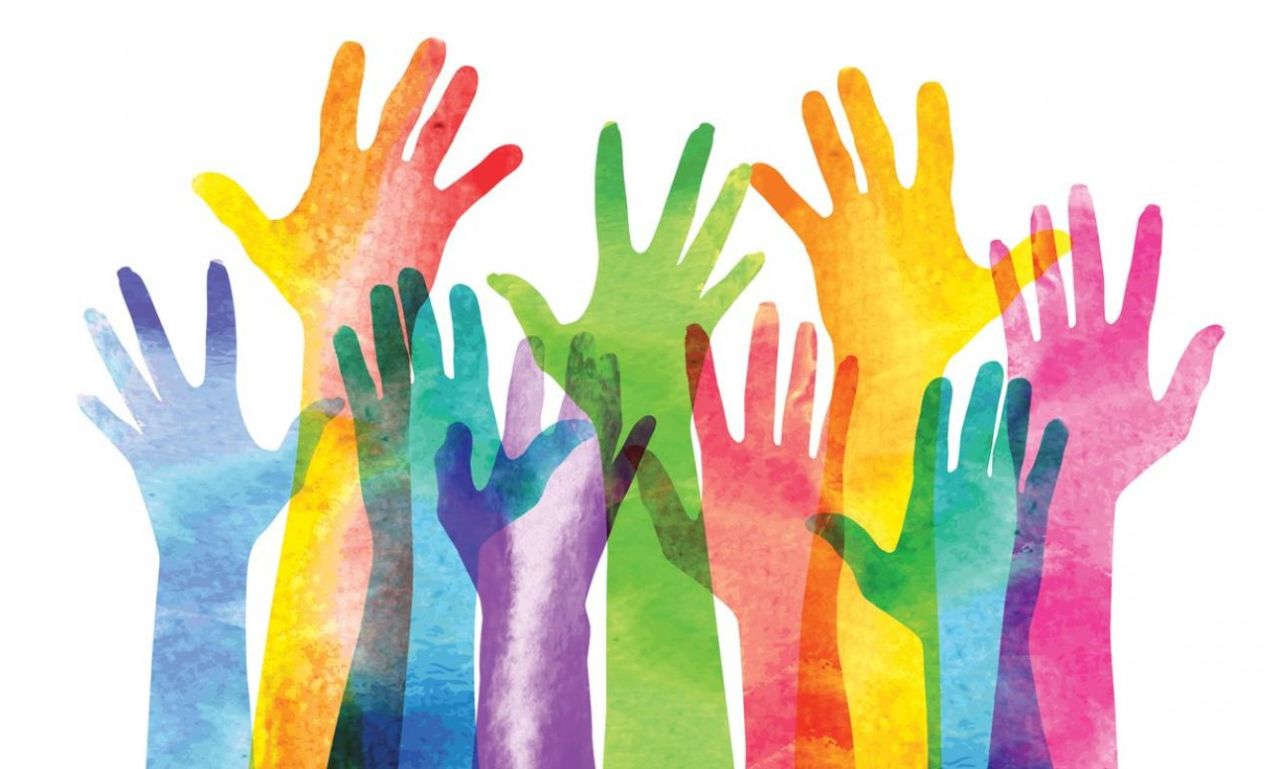The wonderfully wacky world of eccentricity, where being totally wackadoodle is not just accepted but celebrated! Eccentric individuals have always added a splash of color to an otherwise ordinary society, marching to the beat of their own drum and embracing their quirks with gusto. Join us on a deep dive into the realm of all things unconventional and explore why sometimes it’s good to be a little bit…well, totally wackadoodle!
Examples of eccentric behavior in history and pop culture
Diving into the world of eccentric behavior in history and pop culture, we uncover a treasure trove of fascinating characters who danced to the beat of their own drum. Take Salvador Dali, the surrealist artist known for his melting clocks and flamboyant persona. His quirky antics and avant-garde style made him a true icon of eccentricity.
Moving on to pop culture, we encounter the legendary musician Prince, whose unique fashion sense and boundary-pushing music set him apart from the mainstream. Who could forget his eccentric stage presence and fearless experimentation with different genres?
Then there’s Lady Gaga, the queen of quirkiness, known for her outlandish outfits and theatrical performances that defy expectations. Her commitment to self-expression without limits has inspired a generation to embrace their own wackadoodle side.
These examples remind us that eccentricity knows no bounds – it transcends time and genre, leaving an indelible mark on our cultural landscape.
The psychology behind eccentricity and why some people are drawn to it
The psychology behind eccentricity is a fascinating realm to explore. People are drawn to it because it challenges the norms and pushes boundaries, sparking curiosity and intrigue. Eccentric individuals often possess a unique perspective on life, viewing the world through a different lens than most. This unconventional way of thinking can be refreshing in a society that values conformity.
For some, embracing eccentricity is a form of self-expression and empowerment. It allows them to stand out from the crowd and showcase their authentic selves without fear of judgment. The freedom to be unapologetically quirky can be liberating and empowering for those who march to the beat of their own drum.
On a deeper level, eccentric behavior may stem from underlying psychological factors such as creativity, nonconformity, or even neurodiversity. Embracing these differences can lead to groundbreaking ideas and innovations that shape our world in unexpected ways. Understanding the psychology behind eccentricity sheds light on the complexity of human nature and celebrates diversity in all its forms.
The impact of eccentric individuals on society and their contributions
Eccentric individuals have left an indelible mark on society throughout history. Their unconventional thinking has often challenged the status quo, pushing boundaries and sparking innovation in various fields. From artists like Salvador Dali to inventors like Nikola Tesla, their unique perspectives have enriched our world with new ideas and creations that continue to inspire generations.
These eccentric minds have introduced groundbreaking theories, created iconic works of art, and revolutionized industries. Their contributions have shaped cultural movements, scientific advancements, and technological breakthroughs that we still benefit from today. By daring to think differently and embracing their quirks unabashedly, these individuals have shown us the power of embracing our own uniqueness.
Their impact on society goes beyond tangible achievements; they serve as a reminder that diversity of thought is essential for progress and growth. Embracing eccentricity can lead to unexpected discoveries and transformative change that can elevate humanity’s collective consciousness.
How to embrace your own quirks and unconventional traits
Embracing your quirks and unconventional traits can be a liberating experience. Instead of trying to fit into a predetermined mold, why not celebrate the aspects that make you stand out?
Explore what makes you unique – whether it’s an offbeat sense of humor or a peculiar hobby that sets you apart from the crowd. Don’t be afraid to showcase these quirks proudly, as they are what make you who you are.
Surround yourself with people who appreciate your eccentricities and encourage your individuality. It’s important to be in an environment where you feel accepted for being authentically yourself.
Remember that embracing your quirks doesn’t mean conforming to societal norms or expectations. Stay true to yourself and let your personality shine through, no matter how unconventional it may seem to others.
By embracing your quirks and unconventional traits, you are not only honoring yourself but also inspiring others to embrace their uniqueness as well.
The fine line between eccentricity and mental illness
Eccentricity and mental illness may seem like two sides of the same coin, often intertwined in popular culture and societal perceptions. While eccentric individuals may exhibit unconventional behaviors or ideas that challenge the status quo, mental illness involves a more serious disruption in one’s cognitive or emotional functioning.
It’s essential to recognize that eccentricity is not synonymous with mental illness; rather, it can be seen as a unique expression of individuality and creativity. However, there exists a fine line between the two, where eccentric traits may sometimes mask underlying psychological issues that require professional attention.
When exploring the world of totally wackadoodle individuals, it’s crucial to approach them with empathy and understanding. Rather than stigmatizing eccentric behavior as inherently pathological, it’s important to appreciate the complexities of human nature and celebrate diversity in all its forms.
By acknowledging this nuanced distinction between eccentricity and mental illness, we can foster a more inclusive society that embraces difference without perpetuating harmful stereotypes. Let’s strive to cultivate a culture of acceptance where everyone feels valued for who they are, quirks and all.
Conclusion
In a world that often celebrates conformity, embracing eccentricity can be a breath of fresh air. Totally Wackadoodle individuals bring color and creativity to our lives, challenging norms and inspiring us to think outside the box. From historical figures like Salvador Dali to modern-day eccentrics like Lady Gaga, their impact on society is undeniable.
As we navigate the complexities of being human, let’s remember that it’s okay to embrace our quirks and unconventional traits. By celebrating our own uniqueness, we not only enrich our own lives but also contribute positively to the world around us.
So go ahead, dare to be different, unleash your inner wackadoodle, and watch as your authenticity shines through in all its eccentric glory!





